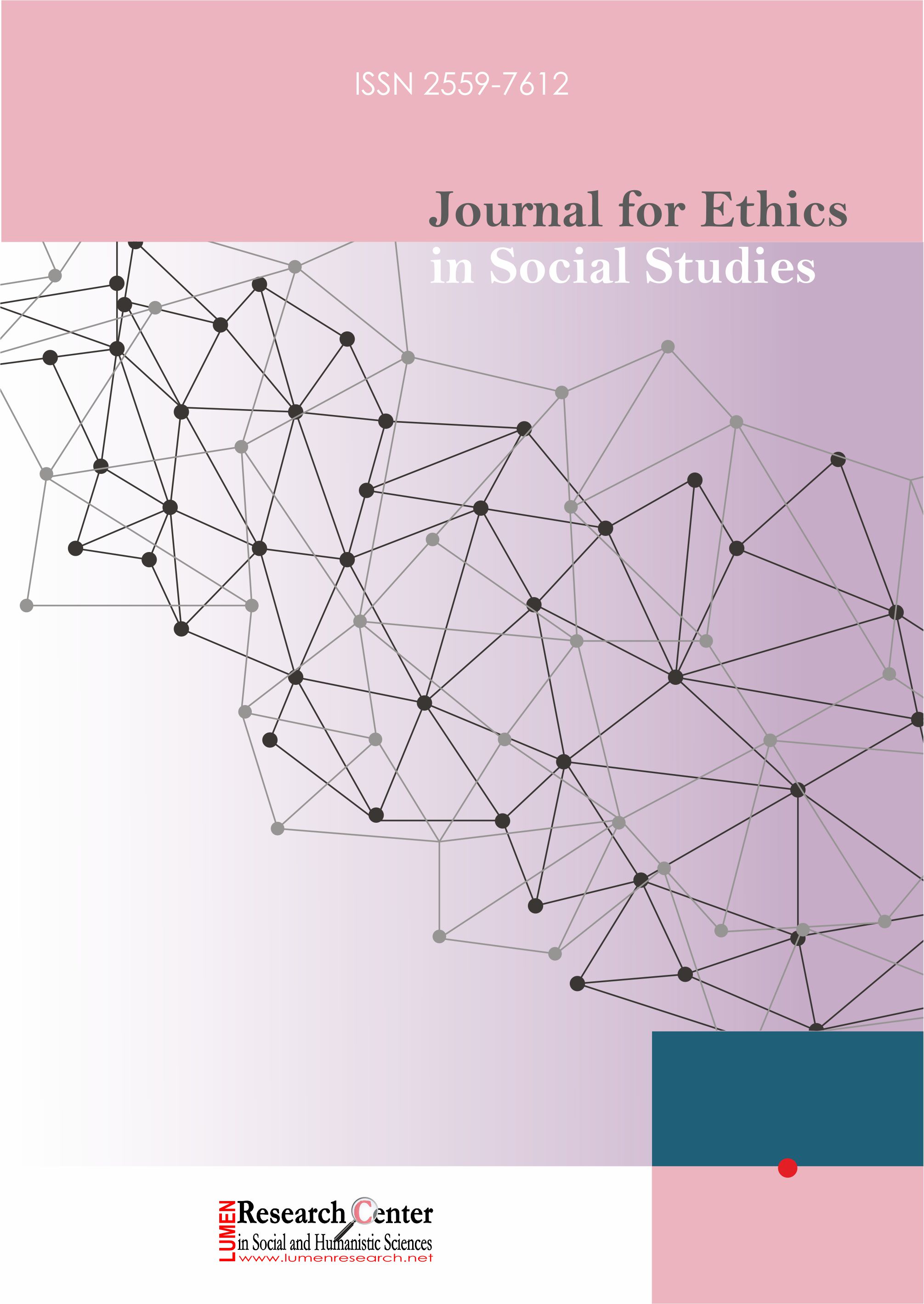Personal Integrity within Society
Personal Integrity within Society
Author(s): Ana-Maria DascăluSubject(s): Ethics / Practical Philosophy, Social psychology and group interaction, Social Norms / Social Control
Published by: Editura Lumen, Asociatia Lumen
Keywords: the moral value of integrity; personal integrity; social integrity;
Summary/Abstract: In the most general sense, integrity is a concept that can only be understood in relation to another. The Latin "integritas", from which the word “integrity” is derived, refers to the indefinite and irreproachable, untouched condition of an object. Initially, it was used to describe the indeterminate power of the body, but also the chastity or purity of a person, in opposition to an unclean character. Of course, the term can be used with respect to anyone or anything, who/that can have integrity, as long as they/it are intact or untouched. Anyone or anything who has retained their natural characteristics can be regarded as integral. Anyone who is morally weaker in comparison with previous state has lost his integrity. Thus, if we consider this explanation, it can be observed, on closer examination, that this meaning of integrity has a very strong normative connotation because it implies an ideal, a standard from which any rambling is not only a transgression, but an aberration that leads in a worse state. However, there is no measurement system for any object or person that clearly indicates loss of integrity. Not every change means a loss and not every violation represents a loss of integrity. Some changes do not endanger physical or spiritual integrity, because, if they were, no form of life would be integral, because life involves changes and, often, these changes can be seen as real disturbances, but normal from an evolutionary point of view.
Journal: Journal for Ethics in Social Studies
- Issue Year: 3/2019
- Issue No: 1
- Page Range: 16 - 21
- Page Count: 5
- Language: English

